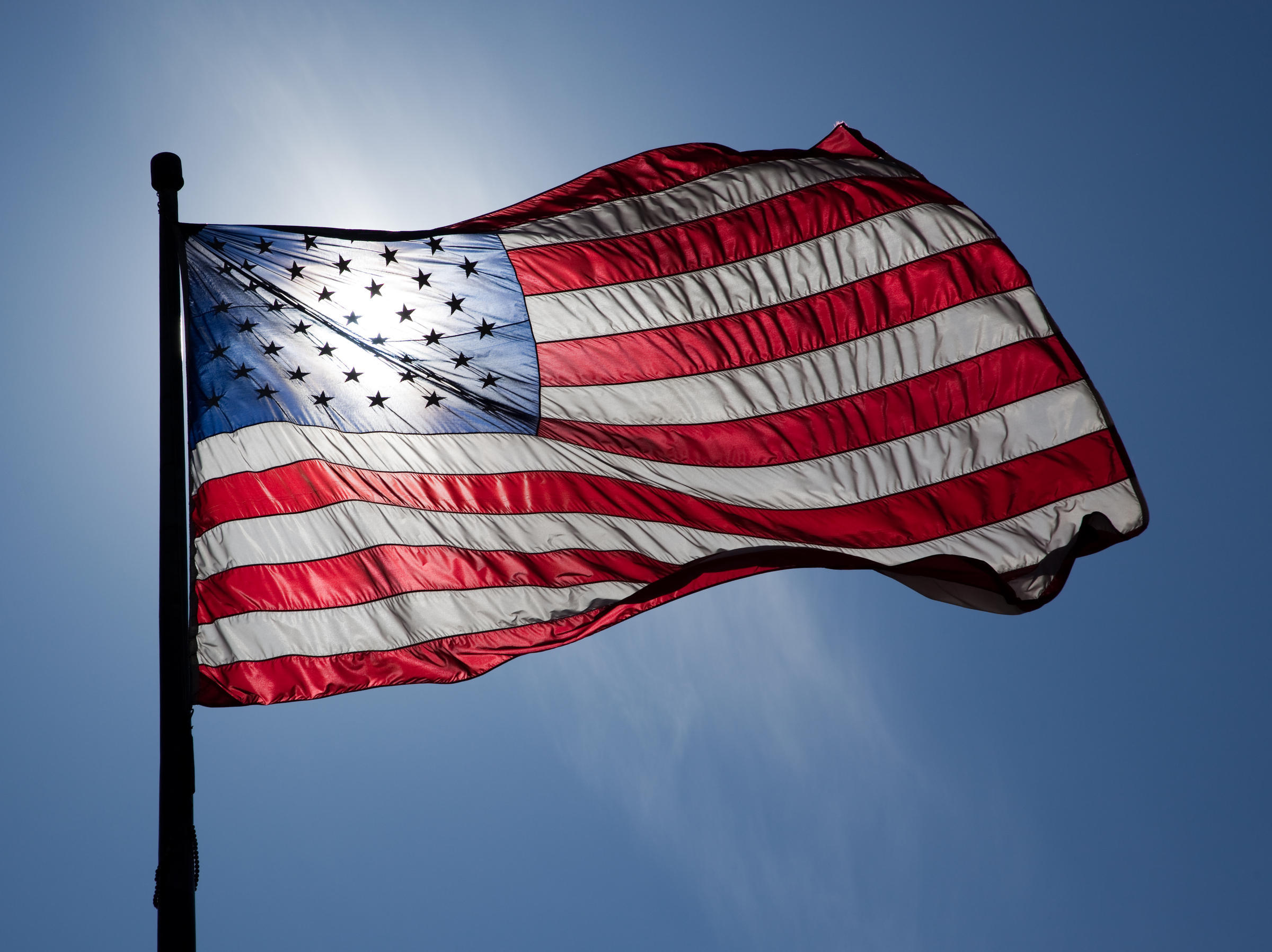
The One Percent: Power, Politics, And America's Changing Democracy
- Alan: In ancient Rome -- a dictatorship -- 500 senators had 10,000 times as much wealth as the average slave or landless farmer. In the United States -- putatively a democracy -- the 500 most wealthy citizens have 50,000 times as much wealth as those at the bottom of the socio-economic pyramid.
- Astonishingly most disenfranchised white people want this disparity to remain in place because they believe it will enable the "the job creators" to "trickle down wealth."
Trickle Down Economics Is True To Its Name:
A Trickle Goes Down, The Rest Goes Up
The divide between America's top earners and the rest of the population is wide and getting wider.
Many experts point to the way in which the so-called "one percent" have used their economic power to tighten their grip on privilege as one reason for the widening gap.
Two of the key players are David and Charles Koch, who in 1980 started to spend millions to elect conservative libertarians to all levels of American government.
Jane Mayer chronicles this rise of money in politics in her new book "Dark Money: The Hidden History of the Billionaires Behind the Rise of the Radical Right" (Doubleday/2016).
Host Frank Stasio talks with Mayer, a staff writer with The New Yorker, about "Dark Money" and the rise of money in politics over the last four decades.
He continues the conversation with Jeffrey Winters, professor of political science at Northwestern University and author of the book "Oligarchy" (Cambridge University Press/2011). Winters argues the United States is both a democracy and oligarchy, thanks to the power of money in government.
No comments:
Post a Comment